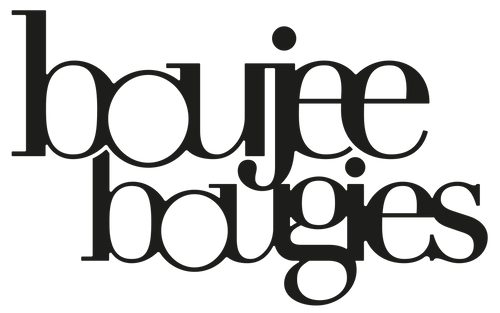postmodern perfumery
What is Postmodern Perfumery?
A Postmodern Perfume can be created by anyone, anywhere, using any creative direction and pragmatic methodologies. Providing the product itself is safe to use, providing the end result fulfils its aims, nothing else should be prescriptive.
A Postmodern Perfume may also come from people who think about the broader trade we operate in a little differently from the norm. From farming, green chemistry, supply chains, creation, education, transparency, authenticity, marketing, new distribution channels, new retailing… the era of Postmodern Perfumery is already here.
There are already dozens of individuals and brands which could be said to be postmodern in their perfumery approach – they exist outside of the overly marketing-led and artificially gatekept perfumery paradigm.
A postmodern perfume does not assume that perfume is only worn by a certain kind of person, in a certain kind of way. A postmodern perfume is not marketed based on a borrowed quote based on a 20th century idea of a woman.
When perfumery is talked about in marketing, sales, and cultural history, the concept of what perfumery even is seems to come down to a Eurocentric view. There is unquestionable knowhow and heritage in Europe, obviously, but the idea of perfumery as anything other than a narrowly defined concept does not factor in.
Think about the perfume history you might know:
- Ancient Egypt
- Classic European civilisations (especially Rome)
- Middle Ages (focusing on continental Europe)
- Early Modern (focusing on Europe, especially France and Britain)
- Modern (at this point, France is the pinnacle of what perfumery is).
The concept of “Modern Perfumery” emerged in France, at the dawn of the 20th century, when chemists and perfumers found one another. New kinds of fragrance creations became possible - ones that were abstract and not only figurative. While this blended mixed media concept that allowed perfumers to be more creative (like inventing the smell of a fantasy fern by using the hay-like newly identified coumarin) was practiced elsewhere, too, the idea of a perfumer in the public consciousness was typically male and French, or at the very least a person who had trained or operated in France. The know-how of French leather tanning and royal perfumery trades was clear, but current conversations and marketing are still stuck in the idea of only France being the home of perfumery, and of a particular kind of perfumer being the acceptable gold standard.
We still talk about "Modern Perfumery" as though it were modern in the real sense, rather than the step that came after the industrial revolution and chemistry changed everything.
The evolution of Modern Perfumery has slowly taken us to a slightly broader view from what perfumery can be, and who can be perfumers. But not by much. We still talk about Modern Perfumery as the pinnacle and conclusion of the entirety of perfume history and assign more value to certain attributes that have been passed down the generations. We still see and hear quotes about perfumery that were uttered somewhere in the early 20th century. Steeped in patriarchy, colonial exoticism - why are these things still used today as though they were relevant?
We are now in an era of Postmodern Perfumery, where the concept of what perfumery can be and who can be perfumers has broadened in multiple dimensions. Some of this new way of thinking simply means acknowledging global perfumery in its many forms, as it has existed all along. Some of this new way of thinking is only new to those of us in Europe and the USA. Much of what has changed has been enabled by the invention and utilisation of the Internet - making it possible for people to discover suppliers, education, and one another with ease never before possible. As gatekept and full of deliberate red herrings the trade on the whole has been up to now, in the last 20 years we have seen the rise of genuinely useful and accurate information that makes it possible for people to independently assemble an education, outside of the narrow, corporate pipeline.
We invite everyone to question what you believe and hear about good perfume, about perfumery, about our trade, about marketing, about learned and repeated truisms. And if some of it gives you pause, we invite you to participate in making things better for everyone involved. Not least the person who buys and wears our perfumes.
